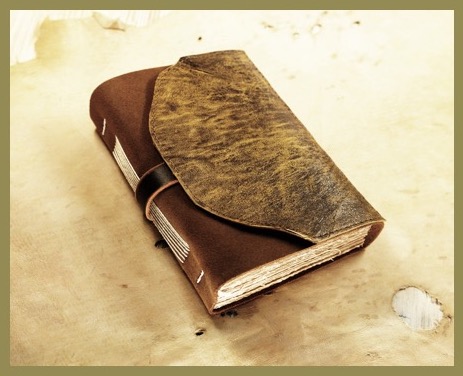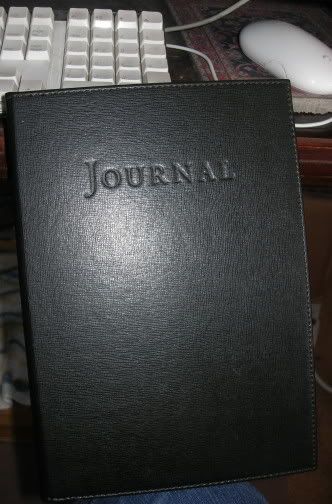I heard on NPR yesterday morning that they’re doing a new version of Tom Stoppard’s Arcadia on Broadway. It opened yesterday, I believe. Hearing the actors going through their lines, the discussion of the play, put me into a fervent reverie. I can’t express how much I love this play—my favorite by Stoppard, maybe one of my favorites ever. I loved it so much back in the 90s when they staged in at the Mark Taper Forum that I went to see it twice. This was back in the day when theater tickets were a rare treat for me because I was astonishingly broke. And I bought a copy of the play so I could read through it when I felt the need.
Why did I love it so? As I said in my notebooks back on December 14, 1997:
I love this play. It’s all about losing and finding, discovery and rediscovery, but most of all, about living in the precise moment. It’s also about chaos theory.
But that’s not all of it. There’s the beauty of the language, too, but layers and layers of things speak to me. Too much to say and I have no time right now to say it, what with going and coming and coming and going, and losing and gaining and gaining and losing. All I can say is that it has echoed through my heart over and over in the years since I first saw it. It turns out, I guess, that bittersweet is my favorite flavor.
Since I have no time for more than that, I’ll leave you with the rest of that notebook entry, which wisely relies for the most part on the play to make its case:
From Arcadia by Tom Stoppard, Act I, Scene III
Lady Thomasina, aged 13 and precociously brilliant in an age that does not respect the brilliance of women (1809) is talking to her tutor, Septimus, aged 22, who very much respects the brilliance of Thomasina.
Thomasina: But instead, the Egyptian noodle [Cleopatra] made carnal embrace with the enemy who burned the great library of Alexandria without so much as a fine for all that is overdue. Oh, Septimus!—can you bear it? All the lost plays of the Athenians! Two hundred at least by Aeschylus, Sophocles, Euripides—thousands of poems—Aristotle’s own library brought to Egypt by the noodle’s ancestors! How can we sleep for grief?
Septimus: By counting our stock. Seven plays from Aeschylus, seven from Sophocles, nineteen from Euripides, my lady! You should no more grieve for the rest than for a buckle lost from your first shoe, or for your lesson book which will be lost when you are old. We shed as we pick up, like travellers who must carry everything in their arms, and what we let fall will be picked up by those behind. The procession is very long and life is very short. We die on the march. But there is nothing outside the march so nothing can be lost to it. The missing plays of Sophocles will turn up piece by piece, or be written again in another language. Ancient cures for diseases will reveal themselves once more. Mathematical discoveries glimpsed and lost to view will have their time again. You do not suppose, my lady, that if all of Archimedes had been hiding in the great library of Alexandria, we would be at a loss for a corkscrew?
[Then the bit about why I loved it, then this bit:]
And here’s something from old Ezra Pound, that crock, that echoes through my mind when I think of that passage above:
From Pisan Canto LXXXI:
What thou lovest well remains,
the rest is dross
What thou lov’st well shall not be reft from thee
What thou lov’st well is thy true heritage
Whose world, or mine or theirs
or is it of none?
First came the seen, then thus the palpable
Elysium, though it were in the halls of hell,
What thou lovest well is thy true heritage
What thou lov’st well shall not be reft from thee


